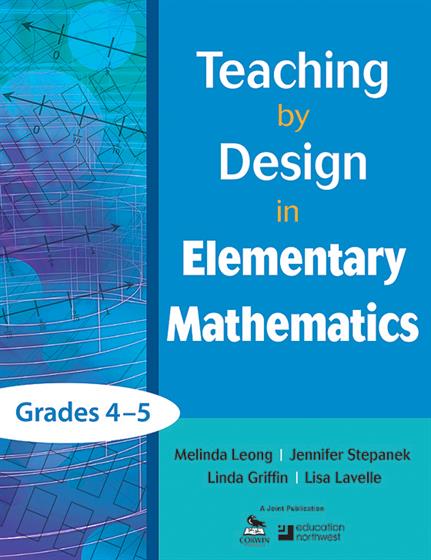Hands-on, Practical Guidance for Educators
From math,
literacy, science, equity, multilingual learners, and SEL, to assessment, school counseling,
and education leadership, our books are research-based and authored by experts
on topics most relevant to what educators are facing today.

Teaching by Design in Elementary Mathematics, Grades 4–5
Strengthen your mathematics lessons through collaborative planning
Teaching by Design in Elementary Mathematics is a series of comprehensive professional development guides that helps teachers investigate how students learn. Grounded in the latest research, each book's grade-appropriate number and operations topics are aligned with the Common Core State Standards. The program culminates in the co-creation and implementation of a prototype lesson as a group. Through the process, teachers develop:
- Deeper content knowledge of important mathematical concepts
- Improved understanding of how students learn these mathematical ideas
- A stronger foundation for developing effective lessons
- Enhanced collaboration skills
- Grade Level: 4-5
- ISBN: 9781412987035
- Published By: Corwin
- Year: 2010
- Page Count: 272
- Publication date: December 01, 2010
Review Copies
Other Titles in: Mathematics | Staff Development & Professional Learning | Elementary Teaching Methods


